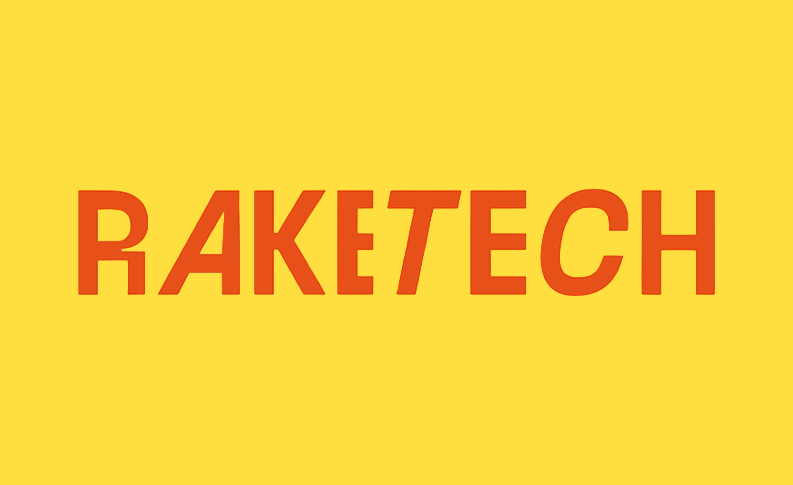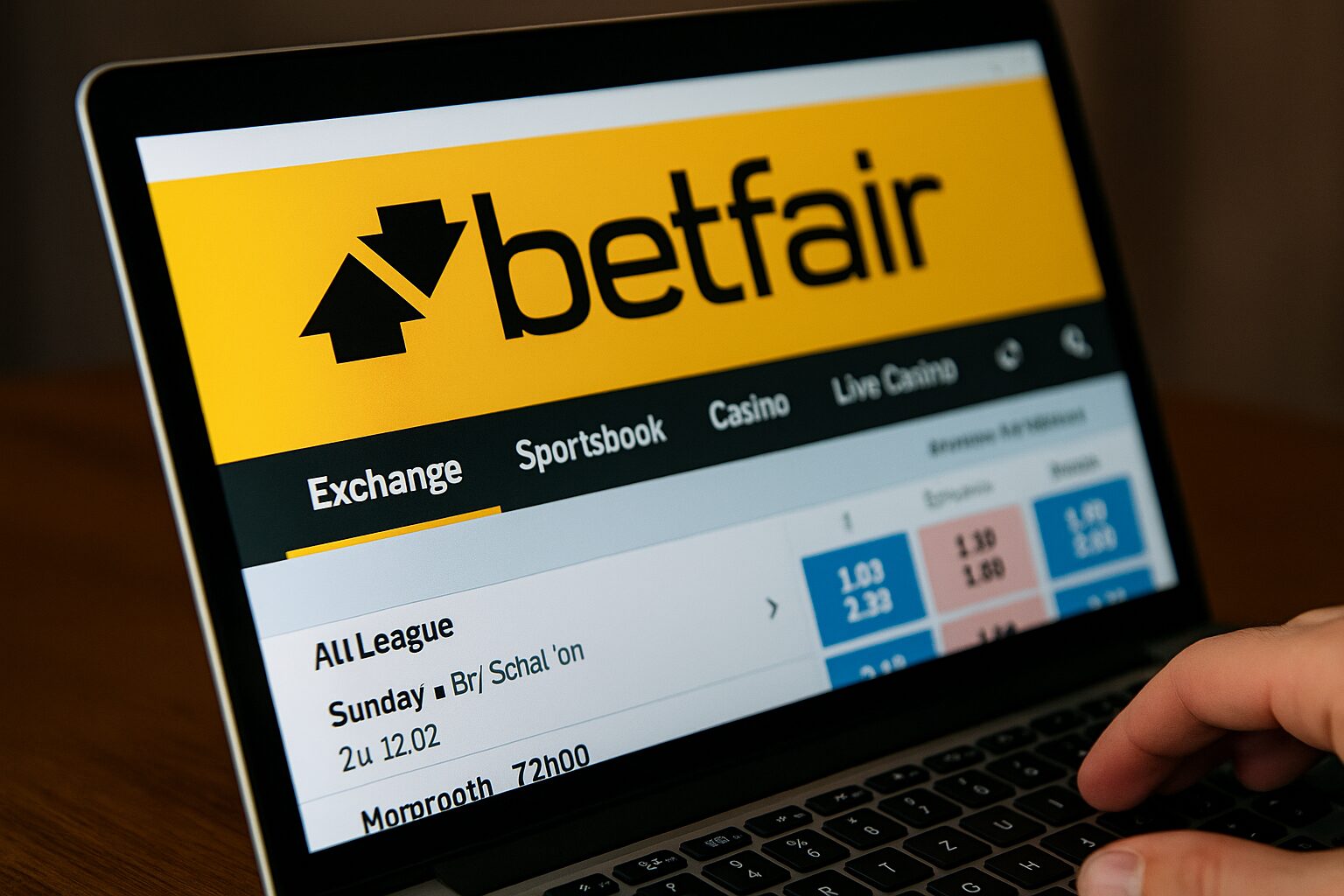Senior Lithuanian government bodies met on 20 November at the Government Chancellery to address the rise in illegal online gambling and fake websites. The meeting was part of a programme launched by the Prime Minister to help agencies act faster against digital financial crimes.
Officials said that fake websites are increasing quickly and are becoming harder to spot, putting many citizens at risk of losing money to online scams. They explained that the spread of these sites damages trust in online services and makes it more important for agencies to work together. The aim of the meeting was to improve cooperation so authorities can respond quickly and effectively to online crime.
Agencies Share Updates on Gambling Violations
Representatives from the National Cybersecurity Centre, the Consumer Rights Protection Service, the Bank of Lithuania and the Department of Drug, Tobacco and Alcohol Control attended the meeting. Debunk.org, known for spotting fake websites and tracking online fraud, also shared its findings.
The Gambling Supervisory Authority said it has become one of the most active institutions in blocking illegal domains. It has already listed nearly 2,000 unlicensed gambling websites, and the register is updated often on its website.
Under current rules, the authority can order internet providers to block these sites once a court approves it. Banks may also be told to stop payment transactions linked to the illegal operators.
Stricter Rules Coming in 2025
From 1 May 2025, Lithuania will enforce stricter rules on gambling payments. Only operators listed on the official White List will be allowed to accept card transactions. The aim is to cut down illegal payments and protect users from unsafe gambling sites.
Officials also looked at the wider European situation, noting that financial fraud causes losses of more than 4 billion euros each year. They explained that online fraud is now a major cross border issue that needs strong cooperation to tackle.
Participants added that over half of reported fraud cases come from Meta platforms like Facebook and Instagram, where scammers often use fake adverts and profiles to deceive users.
Push for Stronger Cooperation and Faster Action
Authorities agreed that stopping online fraud will require faster communication between agencies and better use of automated tools that can quickly detect suspicious activity. They also said that stricter regulations are needed so illegal websites can be blocked more quickly.
The meeting ended with a plan to keep improving cooperation and to look for new ways to disrupt illegal online operations before they grow.
These actions support Lithuania’s broader reforms, including a law passed in November 2024 that will ban most gambling advertising from July 2025 in order to protect consumers and reduce the reach of unlicensed operators.

 Companies
Companies 





